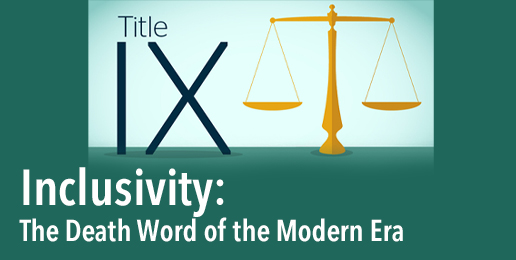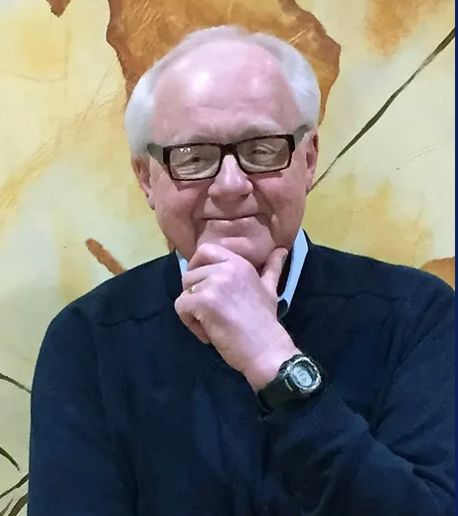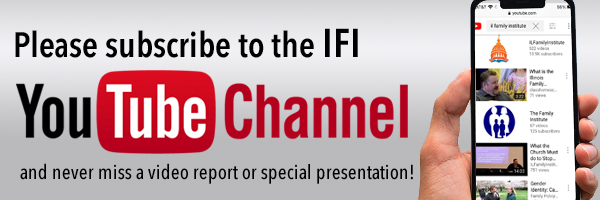
Who among us wants to feel “excluded?” From the time we are children we want to be picked for “the team.” As teens, there is a longing to be part of a clique—the inner circle that sets you apart from the masses.
College students embrace being in a fraternity or sorority. As we move on in life, becoming members of esteemed organizations or fellowships adds to our credibility—or “cred,” in the modern vernacular. We can survive well if we are gifted outliers, but our value is diminished when we are seen as outcasts.
Even within our own social groupings we can often feel like we’re being excluded, And we don’t like it. Our pride hurts. Ouch.
From the seemingly genuine interest of others to help us feel valued, we encourage inclusive behavior. We teach it to our children as parents. We want everyone to feel, well, important and valued.
Modern day inclusivity has migrated into something totally different. The damage is eye opening in several areas. Let’s consider how.
It was just this last spring that what had been a wonderful organization helping young boys learn life skills changed after running afoul of progressivism. This headline spells it out, “Boy Scouts of America Changing Name to More Inclusive Scouting America After Years of Woes.” Oh, it was much more than simply changing its name.
The “why” question was answered by Roger Krone, who is now president and chief executive officer of the organization now known as Scouting America. In an interview before the official announcement he said,
“In the next 100 years we want any youth in America to feel very, very welcome to come into our programs.”
How very inclusive!
What that really meant is that Scouting America now boldly goes where no Boy Scouts were intended to go. And it began when Boy Scouts of America (BSA) began allowing gay youth into their camp in 2013. Two years later, a blanket ban on gay adult leaders ended.
And then in 2017, to put their inclusivity over the top, the group announced that girls would be accepted as Cub Scouts and then into the flagship Boy Scout program. As of now, more than 6,000 girls achieved Eagle Scout status. Note…it does not appear the boys have their eyes on become Girl Scouts. What a surprise.
The inclusivity bug has also infected government. By now we should all be aware of the policy heavily embraced by the current administration known as Title IX. In part, these regulations set out to reduce discrimination in male and female sports programs.
This opened wide the door for transgender men to engage in women’s sports—which, in turn, is creating high levels of anger among the best women athletes. It also opens locker rooms of girls and boys to anyone confused about their sexuality. It’s true in Illinois as well. All this has come about via the distorted champions of inclusivity and weak-kneed legislators.
This “lost our way” mindset has also slipped stealthily into the church. In May, the leader of the Catholic Church—Pope Francis—made a big politicized gaffe when he used a culturally unacceptable term for homosexuals.
No need to repeat. But very quickly his moral arch enemies clipped his papal wings and demanded an apology.
A Vatican spokesman followed up the incident with this official statement:
“The Pope never intended to offend or express himself in homophobic terms, and he extends his apologies to those who felt offended by the use of a term, as reported by others.”
Making sure we all inclusively understand, he added,
“As he (Pope Francis) has said on several occasions, ‘in the Church there is room for everyone, everyone! No one is useless, no one is superfluous, there is room for everyone. Just as we are, everyone.’”
The impact on educators from all these abuses of inclusivity yielded a quote from Barry Gibson, Associate Professor of Teacher Education at Boyce College. He states,
“Rather than focusing on the math lesson, teachers are distracted by issues such as gender and sexuality, diversity, equity, and inclusion, and an overall lack of common sense when it comes to caring for students.”
Adding,
“As a result, teachers are frustrated and burned out, become jaded about teaching, and leave the profession altogether.”
Swell, huh?
To be clear, the Righteous Judge of the earth is the truly inclusive giver of life. The apostle Paul, after explaining to his Roman audience that all have sinned and fall short of the glory of God said,
“But God showed how much he loved us by having Christ die for us, even though we were sinful.” Romans 5:8 (CEV)
Died for whom? As Jesus Himself said, His gift of eternal life was offered to anyone and everyone who would truly believe in Him.
You can’t get any more inclusive than that!
Unfortunately, inclusivity—often now misapplied—has become a death word to common sense in our modern era.





















